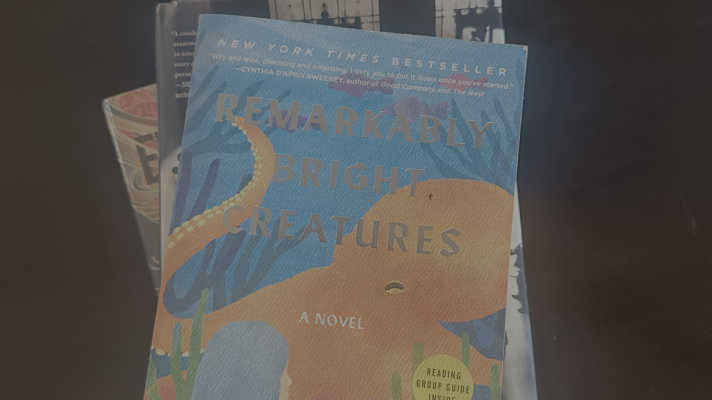My name is Gia Chevis, and for this week’s Likely Stories, I recommend Same as Ever: A Guide to What Never Changes by Morgan Housel.
When I picked it up and saw a chapter titled “Hanging by a thread: if you know where we’ve been, you realize we have no idea where we’re going” I felt seen. At under two hundred and fifty pages (or under six hours for the audio book), it’s not a long read, but it’s long on perspective. It’s not so much that what he says in the book is ground-breaking. I mean, that’s kind of the point. A time for every purpose and nothing new under the sun are old ideas, after all. But in each short chapter, Housel shares interesting historical examples that help put current travails in context. People’s resistance to adapting to surprises which, by definition, they haven’t seen coming? Consider The Great Depression: something we have a starting date for now with hindsight but which something people at the time didn’t quite recognize was happening even when it was well underway.
People’s overall happiness being little changed basically ever because we insist on comparing ourselves to our perceptions of others’ happiness?
Consider the contentment of John D. Rockefeller living in the late 19th century without penicillin, sunscreen, or Dr Pepper versus the average American today with easy access to all three and a measurably better standard of living than the average American in Rockefeller’s time. People running into trouble when they try too hard to quantify humans and turn them into rational, orderly algorithms? Consider Robert McNamara trying to use the process improvement skills he learned as a Ford Motor Company executive to manage the Vietnam war.
Again and again, history shows us that despite our Big Brain we keep making the same mistakes, sometimes in new ways, sometimes not, but always with recurring themes. It can be maddening, and I can practically hear the psychologists and neuroscientists yelling YES WE KEEP TELLING YOU THIS HUMANS ARE HARDWIRED FOR INFURIATING CONTRADICTION. And still we keep making progress. Excruciatingly glacial progress sometimes, and not without periods of backlash and reversal, but progress nonetheless.
Reading Housel ultimately lands me on the side of hope, or at least cautious optimism, which might amount to the same thing. He quotes the incomparable James Baldwin, “You think your pain and your heartbreak are unprecedented in the history of the world, but then you read. It was books that taught me that the things that tormented me most were the very things that connected me with all the people who were alive or who ever had been alive.” In Same as Ever, Housel helps us see that while there may be nothing new under the sun, the time for our purpose is an eternal now.












